
Roof flashings BRANZ Build
Roof flashing is a thin material, usually galvanized steel, that professional roofers use to direct water away from critical areas of the roof, wherever the roof plane meets a vertical surface like a wall or a dormer. Flashing is installed to surround roof features, such as vents, chimneys and skylights.

Ultimate Guide To Roof Flashing
Roof penetration system. Unlike unattractive and poorly performing dry pan flashing, the patented Pop Up Penetration™ system, exclusively distributed by Lysaght, facilitates the even flow of rainwater where roof penetrations are located thanks to a unique and elegant design which ensures a long run roof carries water away evenly and efficiently.

Roof Flashing Inspection Gallery InterNACHI®
Flashings play a vital role in keeping water out of buildings. Follow this useful guide to check the requirements for roof flashings in Acceptable Solution E2/AS1. THE TYPE of roof flashings required depends on what part of the roof is being flashed and what the roofing material is. Apron flashings Horizontal apron flashings must:

Flashing —
Tapered flashings that drain at the plane of the roof pan at the top, and over the ribs at the bottom. Also known as transition or 'under/over' flashings. Tapered or transition flashings • Provides greater water run-off capacity • Suitable for all roofs > 5°. • Can be used for a retrofit • Support required Type D

Roof Flashing What It Is and How It Works The Ultimate Guide
to all pans of the roof sheet to avoid flooding of the laps. • Can be ordered in kit form, off a plan, months in advance. • No site measure is required, saving time on site.. roof penetration. DRY PAN FLASHING AT 175MM PER HOUR RAINFALL INTENSITY 7 All water directed to adjacent pans, well and

Guide to Roof Flashing Installation, Roof Flashing Repair & Types IKO
A pitch pocket is a type of roof flashing for small or irregular roof penetrations. Pitch pockets look like boxes, rings, or cylinders made out of sheet metal (normally galvanized steel) or a pre-molded polymer. Although they are usually open at the top, some specifiers require pitch pockets to have covers on them for added weather protection.
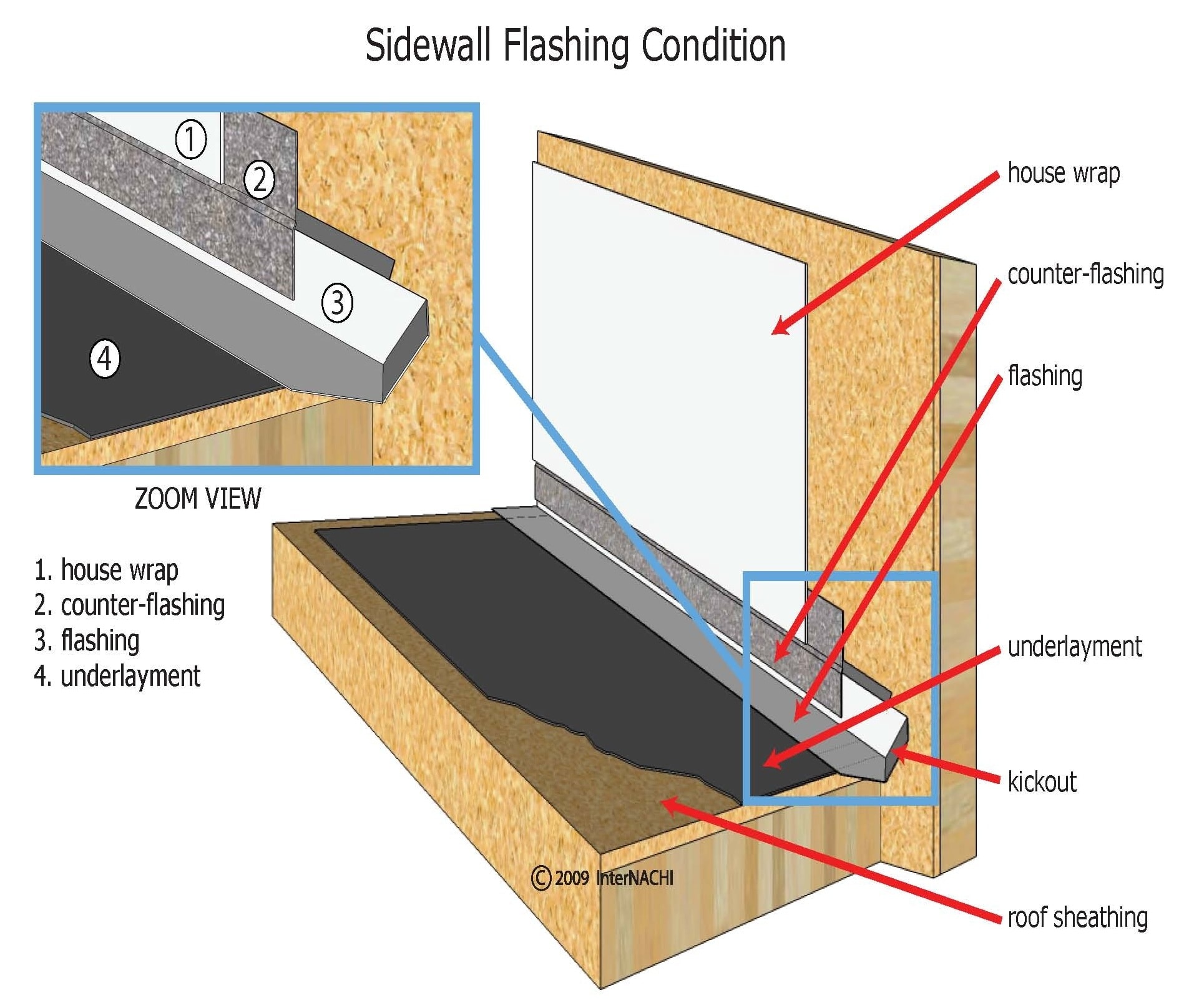
Flash a roof
Range Of Drainage Products & More Online At Amazing Prices With Finance Available. Choose From A Selection Of Top Branded Products & More Delivered To Your Door.
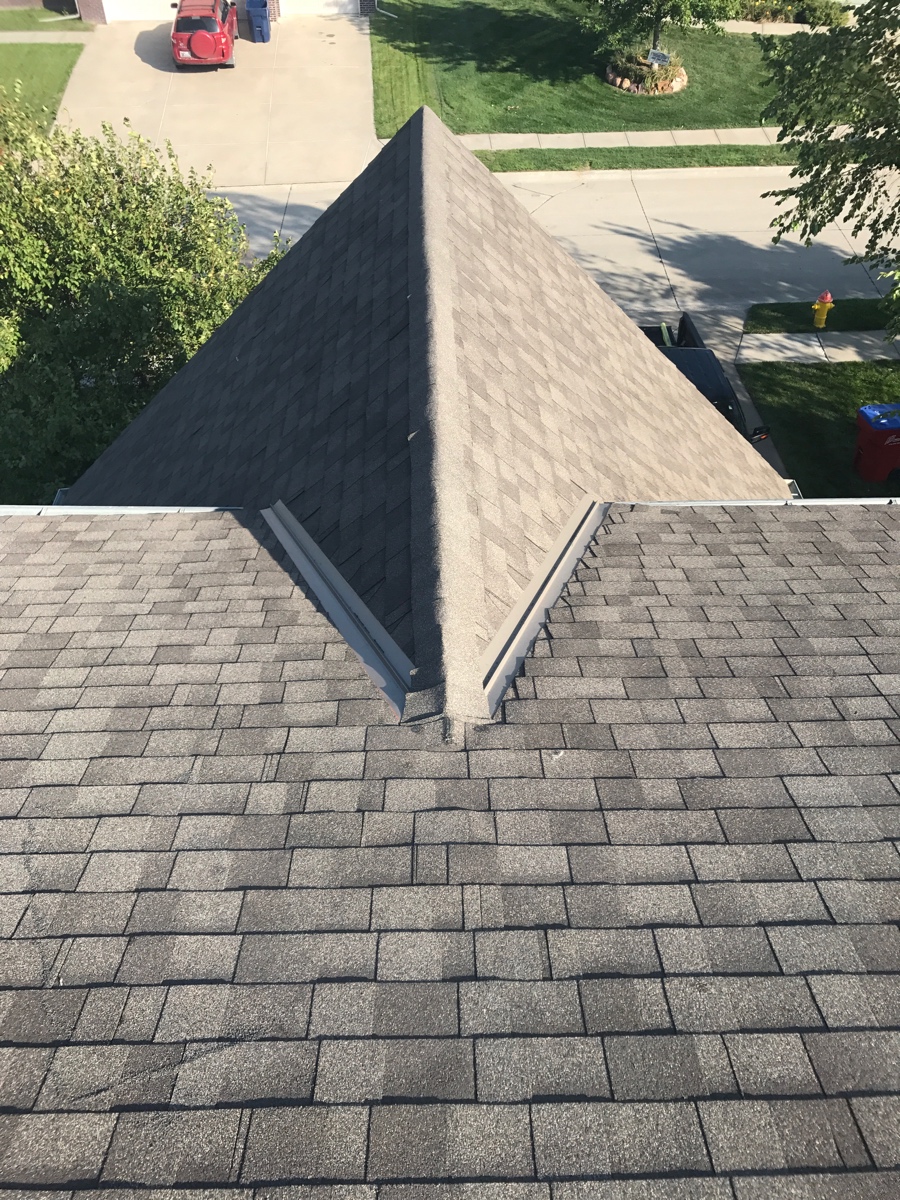
Learn the Lingo Roof Flashing Aspen Contracting
Roof flashing is basically a thin material - typically galvanized steel - that professional roofers will use in order to direct water away from the critical areas of the roof. Typically, it is wherever the roof plan meets a vertical surface, like a dormer or a wall. Roof Flashing Types Continuous Base Counter Step Skylight Valley Drip Edges Kickout
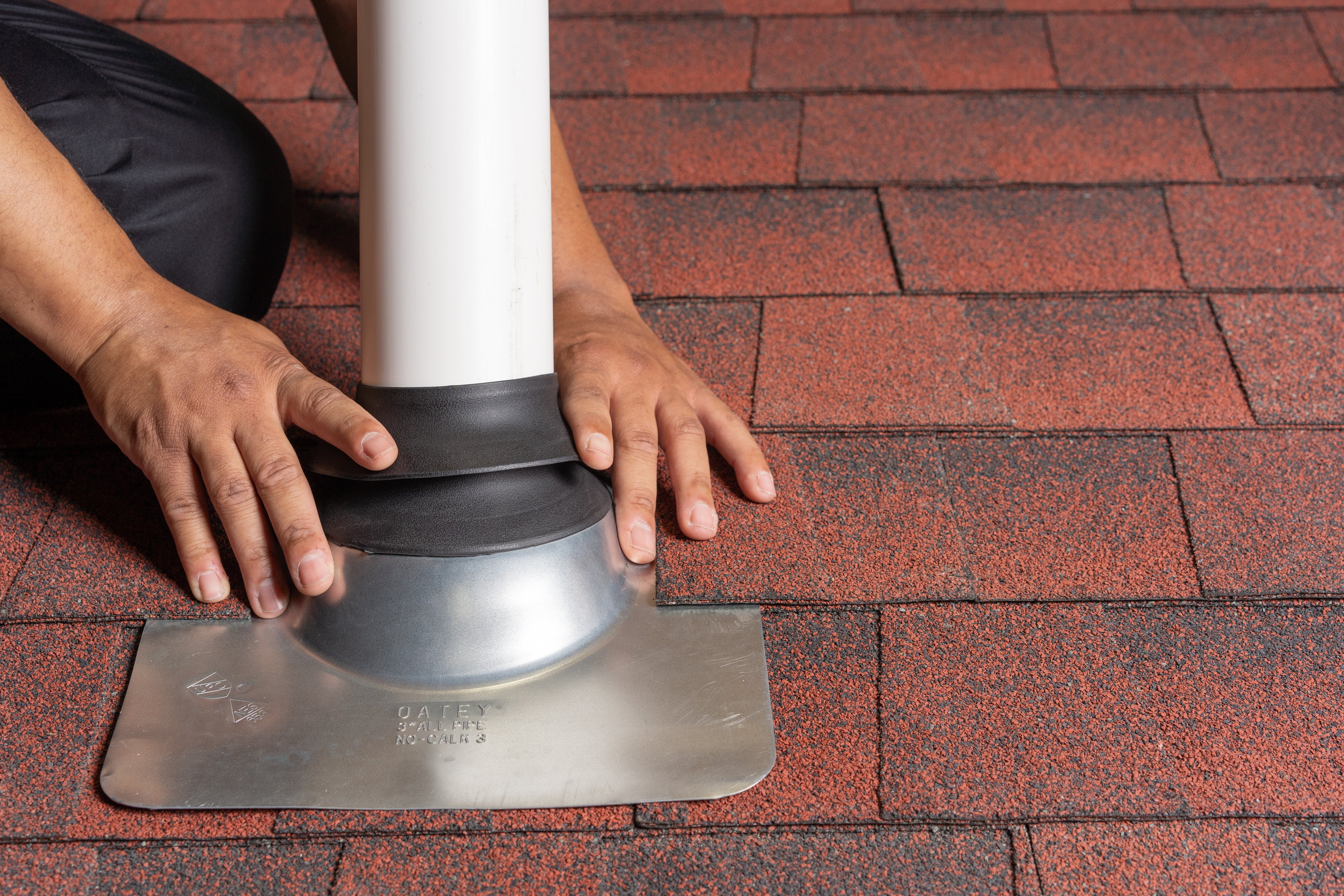
How To Properly Install Roof Flashings Oatey
The pitch pan corners should have a 2-inch radius and are lapped a minimum of ½ inch. There should be a minimum 4-inch flange at the perimeter of the pan that serves as a base over the membrane surface. The membrane should be set to the opening with manufactured-approved flashing applied at the perimeter of the pitch pan covering the flange.
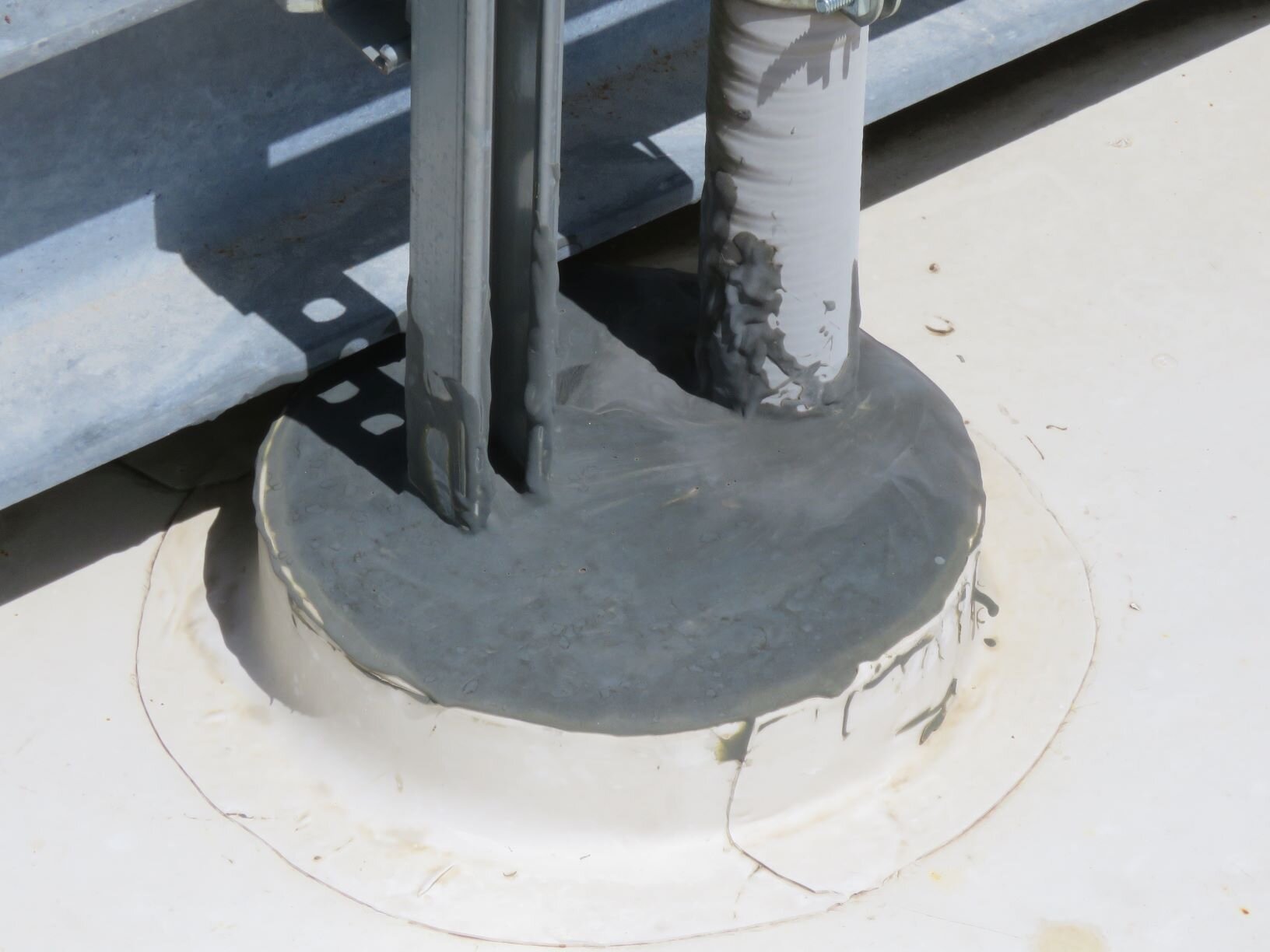
Pitch Pan (Pitch Pocket) • Roof Flashing Explained
With a high quality roof window you guarantee maximum daylight. VELUX Roof Windows and Blinds with Free Shipping in UK. Buy VELUX Online Now!

Flashing
The copper roofing pans are turned up on the vertical wall to form a base flashing extending at least 9" up the wall where they are cleated. Copper flashing, held by a receiver at the top, is locked into a locking strip soldered to the base flashing. The counterflashing overlaps the base flashing by at least 4".
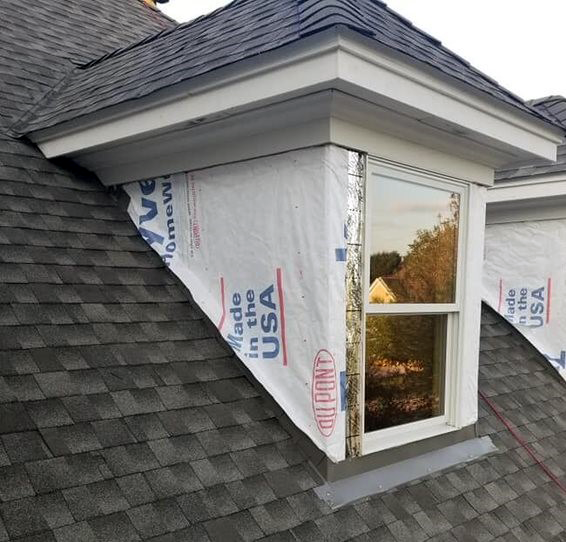
Types of Roof Flashing Evergreen Construction Company Inc.
Roof flashing is a thin layer of metal sheeting used to direct water away from seams and joins, where moisture could penetrate the roof and cause water damage . A dry pan flashing is a metal flashing which covers over a roof sheet across the width of a penetration. Pan refers to the valleys or dips in the corrugations of the roof sheeting. A.

Flashing —
A lap is the part of a flashing that covers (or overlaps) any part of the similarly shaped component, and these can be described as an end lap, overlap or underlap. Laps should comply with the following criteria: • an overlap must run over (not under); • an overlap must run downhill (the direction of the water flow);
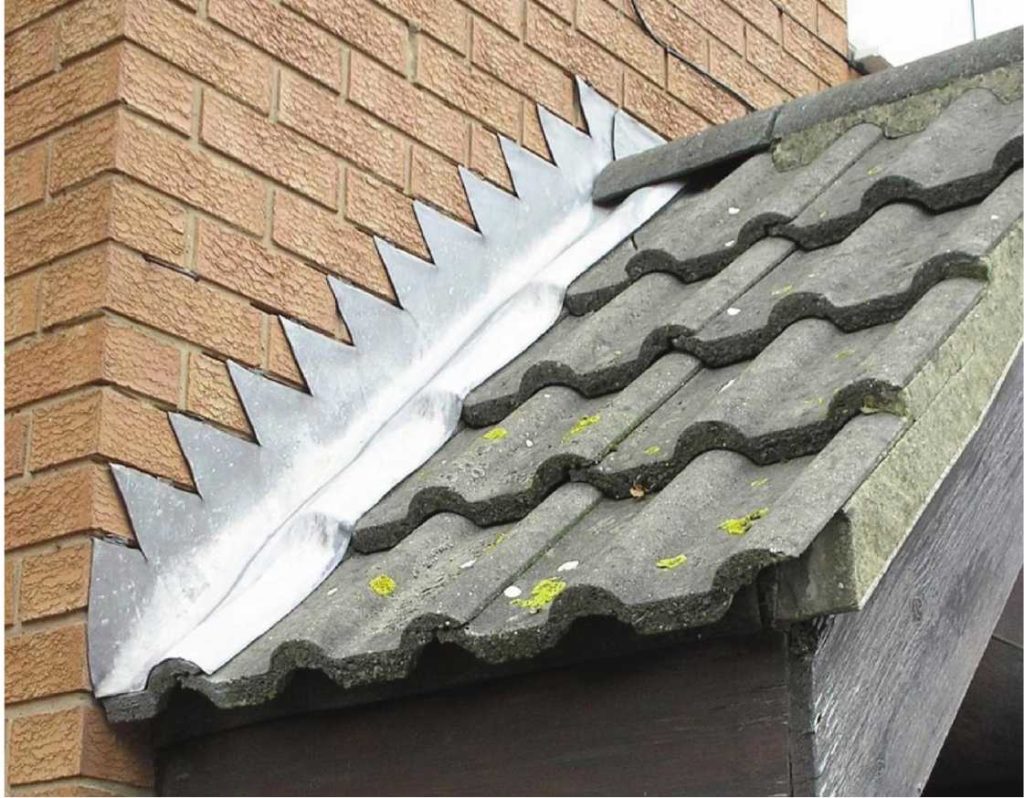
What Is Roof Flashing? DIY Home Improvement
2.6 MAXIMUM LENGTHS OF ROOFING The valleys (or pans) of roofing have to carry water to the gutters. If the valleys overfill in heavy rain, water can flow into the roof through the side-laps and flashings. Factors affecting waterproof and drainage capacity of the laps of a profile include: • the width and depth of the valleys or pans;

Roof flashings BRANZ Build
Material In wood framed openings the pan flashings may be fashioned in the field from self-adhered flashing membrane, self-adhered formable flashing, non-water-sensitive sheet metal and certain liquid-applied waterproof membranes. Manufactured pan flashing may also be used to drain the opening.
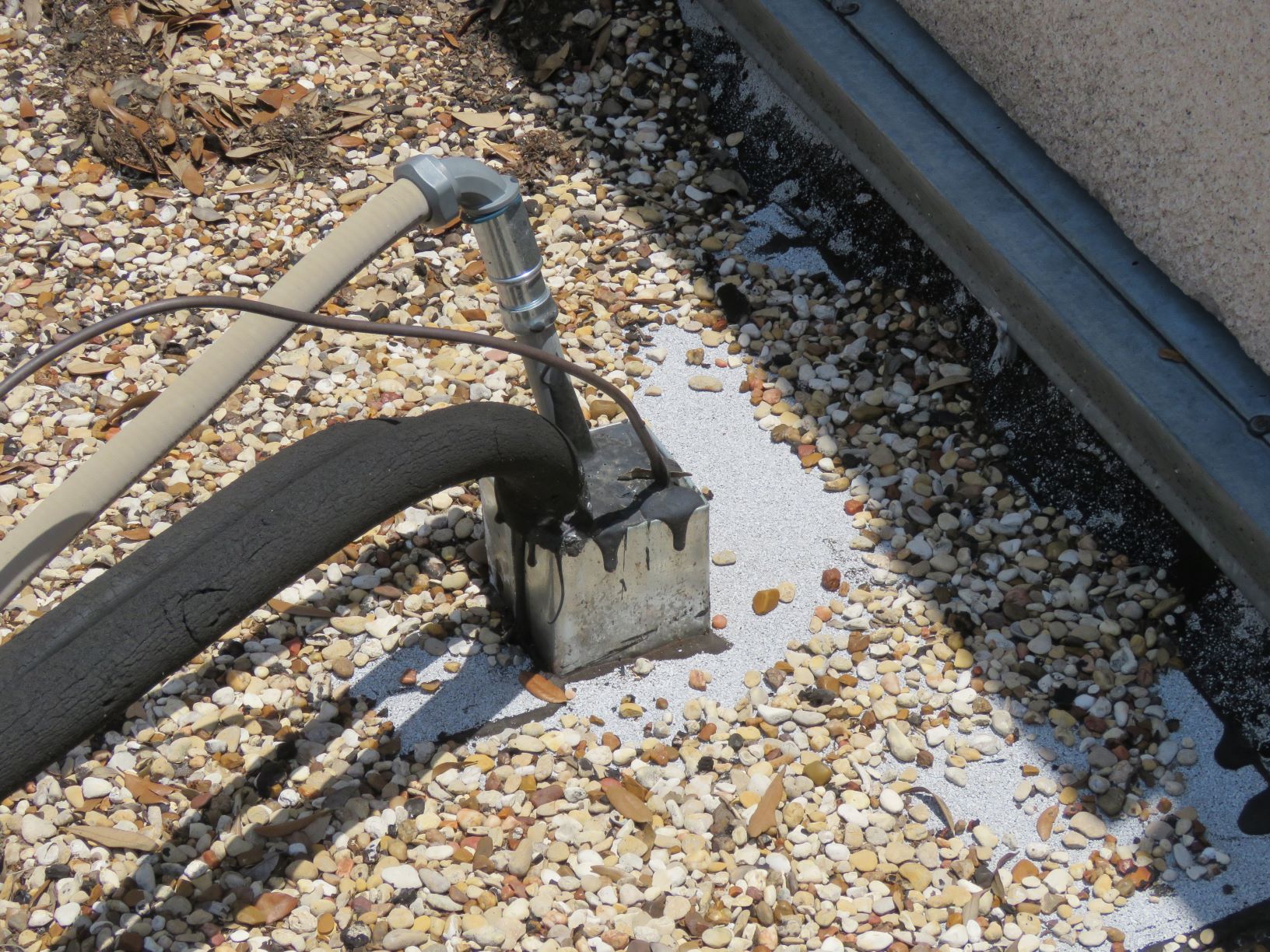
Pitch Pan (Pitch Pocket) • Roof Flashing Explained
24.67. per m. Add to basket. Soudal Butyband Flashing Tape Self Adhesive Butyl Tape W (100mm) L (10m) £. 14.95. Add to basket. Corrapol White Aluminium Corrugated wall flashing (L)6m (W)165mm. £.